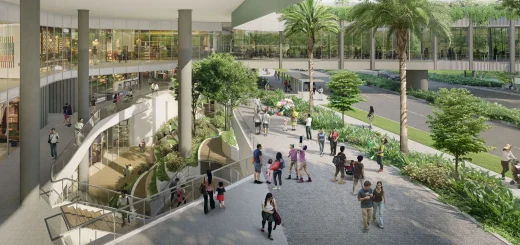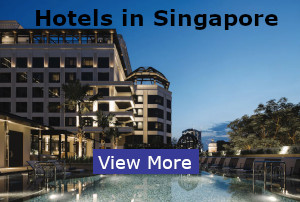Should Singapore Government lower property taxes for retirees?
Senior Minister of State for Finance Chee Hong Tat said on Friday that the government is dedicated to assisting retirees, particularly those residing in private dwellings, in various ways rather than by reducing their property taxes.
He was responding to inquiries from MPs Yip Hon Weng AND Joan Pereira about lowering the tax rates for owner-occupied private residences of elderly retirees who have been unfairly impacted by the rising rental of nearby units.
This has an impact on the property’s annual value (AV), which is used to determine tax rates.
The AV of the property is multiplied by the owner’s applicable property tax rates to determine the amount of property tax due.
While this is going on, the AV is calculated based on the rental transactions for similar properties with similar location, age, and condition characteristics.
Mr Chee noted that the calculation of the AV “would normally eliminate extremely high and outlier rents that the properties may get”.
A property with more rental revenue has a higher value, hence the AV and the amount of property tax due will also be higher.
Mr. Chee said that he comprehends the worries that some retirees may have financial hardships as a consequence.
He said, “The Government is still dedicated to assisting pensioners.
We do this by providing various forms of assistance for our elderly citizens rather than by reducing property tax rates for homes owned by retirees.
He stated that retirees may take use of the numerous senior citizen programs regardless of whether they dwell in private homes or Housing Board apartments.
For instance, seniors living in private homes may get cash, MediSave top-ups, and the Cost-of-Living Special Payment under the Assurance Package.
The AV serves as “a proxy for the property worth and consequently the owner’s wealth,” according to Mr. Chee, who highlighted that property tax is Singapore’s main method of wealth taxation.
According to him, there would be much differences in the finances of retirees living in private residences as opposed to those in rental housing or smaller HDB apartments since property tax is a sort of wealth tax on immovable assets.
The property tax on residential properties is assessed according to a progressive schedule, in keeping with the goals of the wealth tax.
Property taxes are thus exempt for homes with AVs under $8,000 and gradually increased for those with higher AVs.
Residential properties that are owned and inhabited are subject to more lenient property tax rates than those that are not.
“Over the years, the Government has had suggestions to improve our wealth taxes, including from members on all sides of this House. We have been acting in this manner, he added.
Mr. Chee stated that higher-end owner-occupied residential properties with AVs exceeding $30,000 in 2023 and 2024 have seen an increase in property tax rates, as indicated in Budget 2022.
Less than one in ten owner-occupied residential units are impacted by the increased prices, he said.
From 2020 and 2023, Singapore’s owner-occupied private residential property taxes climbed at a compound annual growth rate of around 7%.
Residential properties within and outside of the core area both have the same growth rate.










